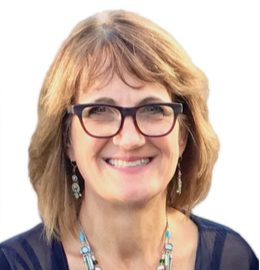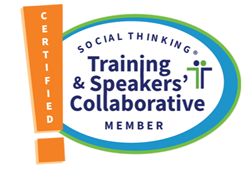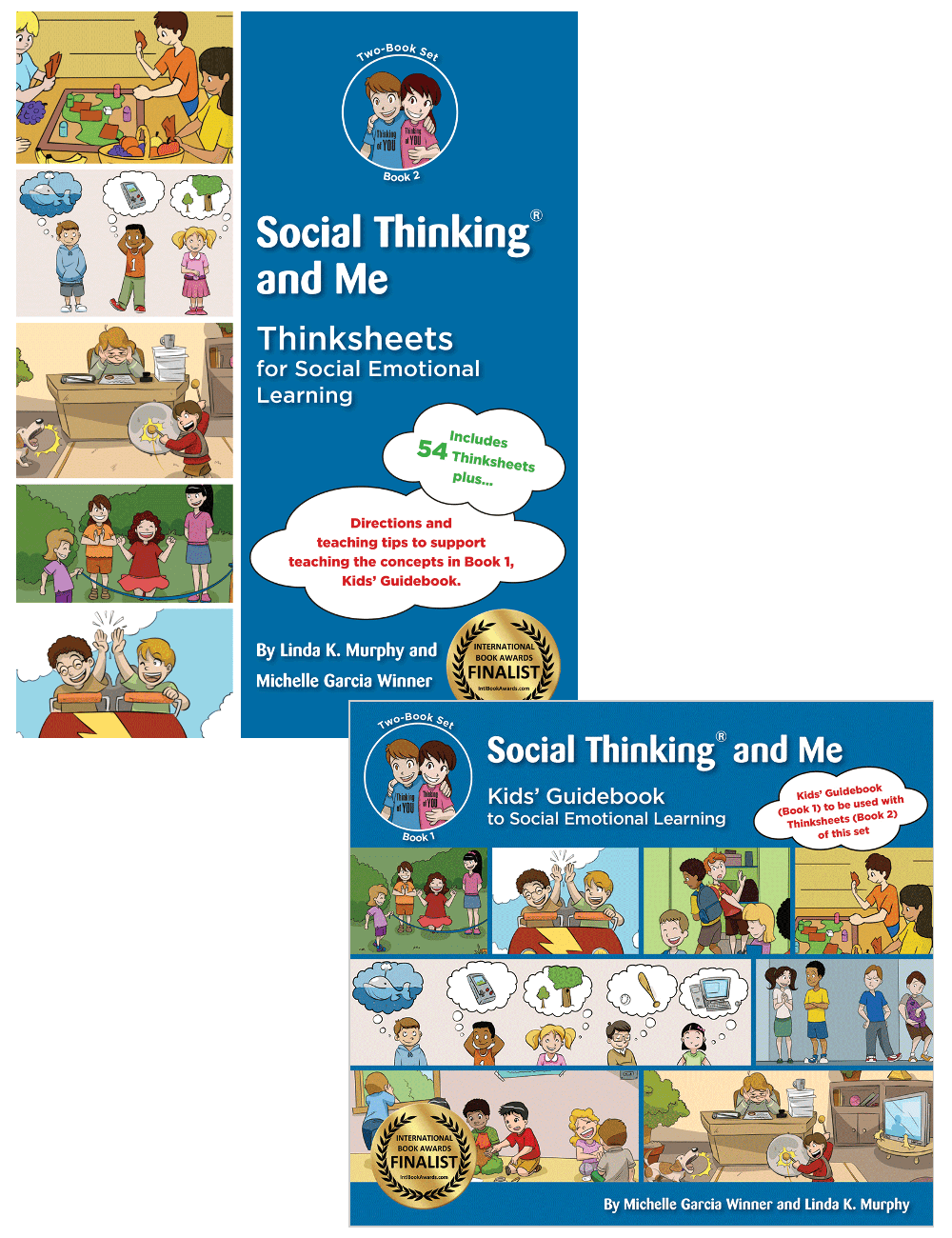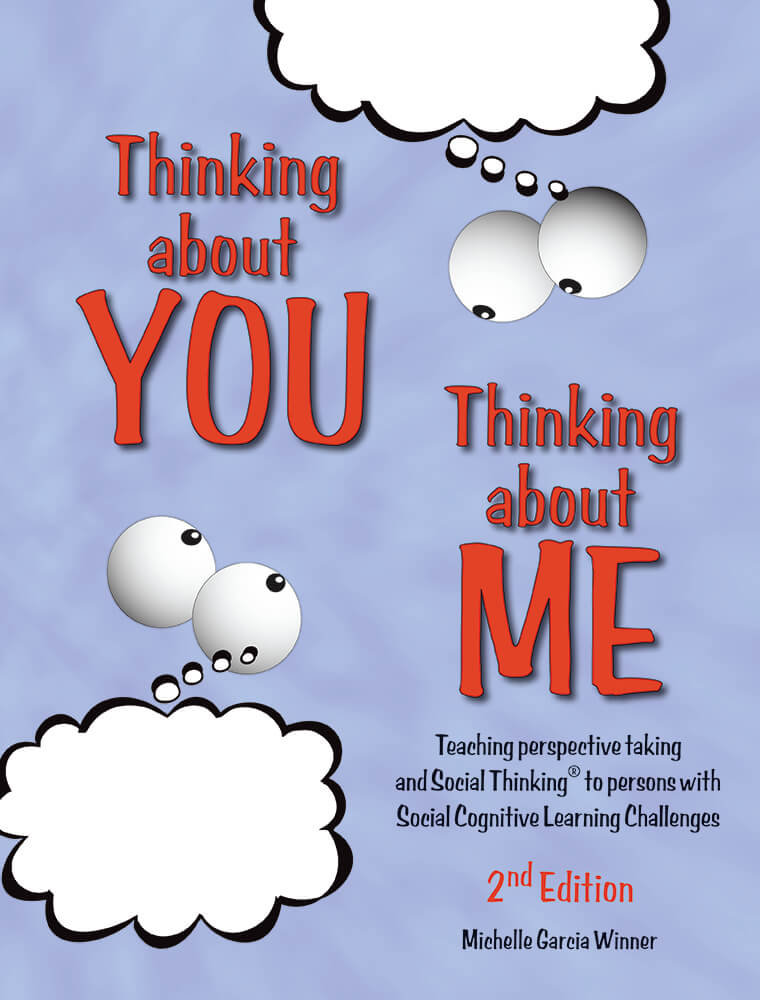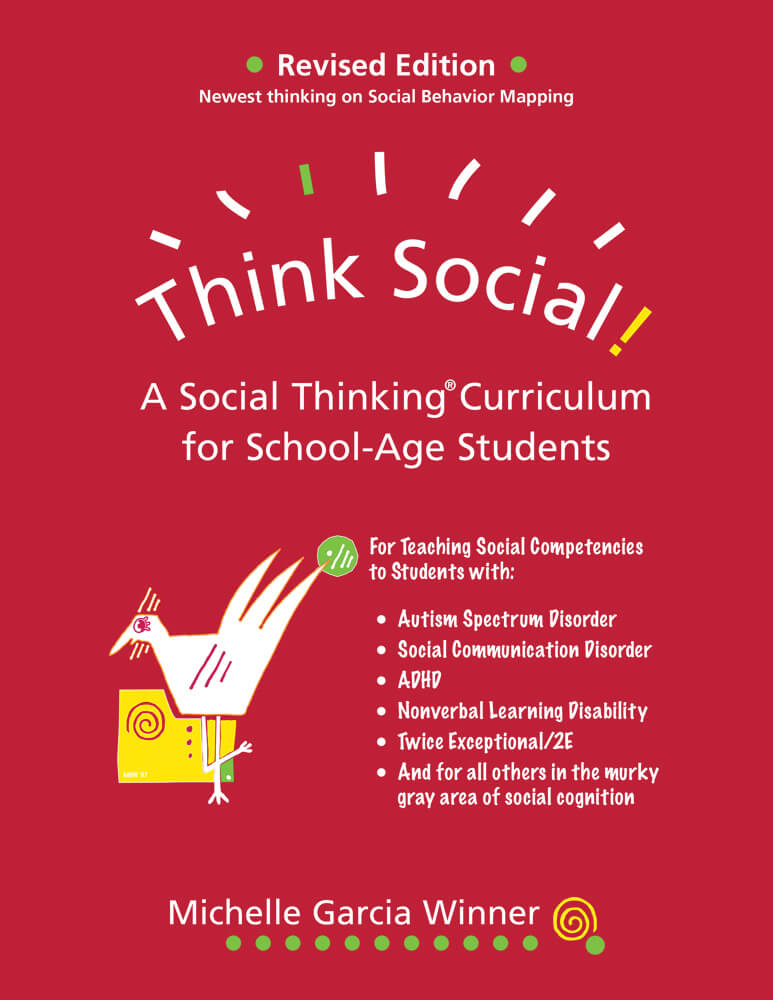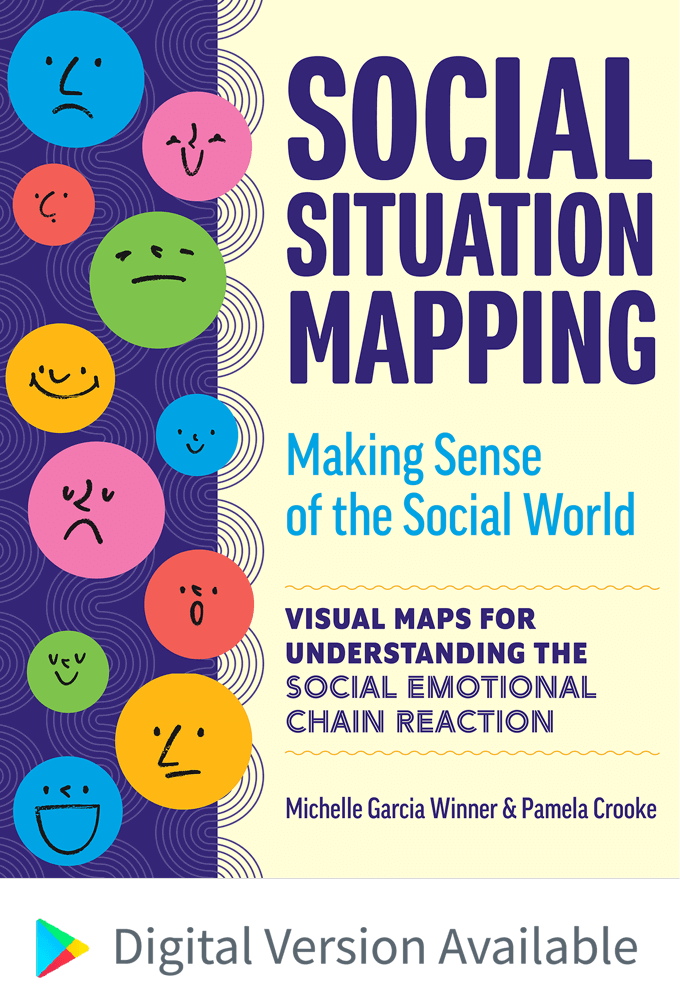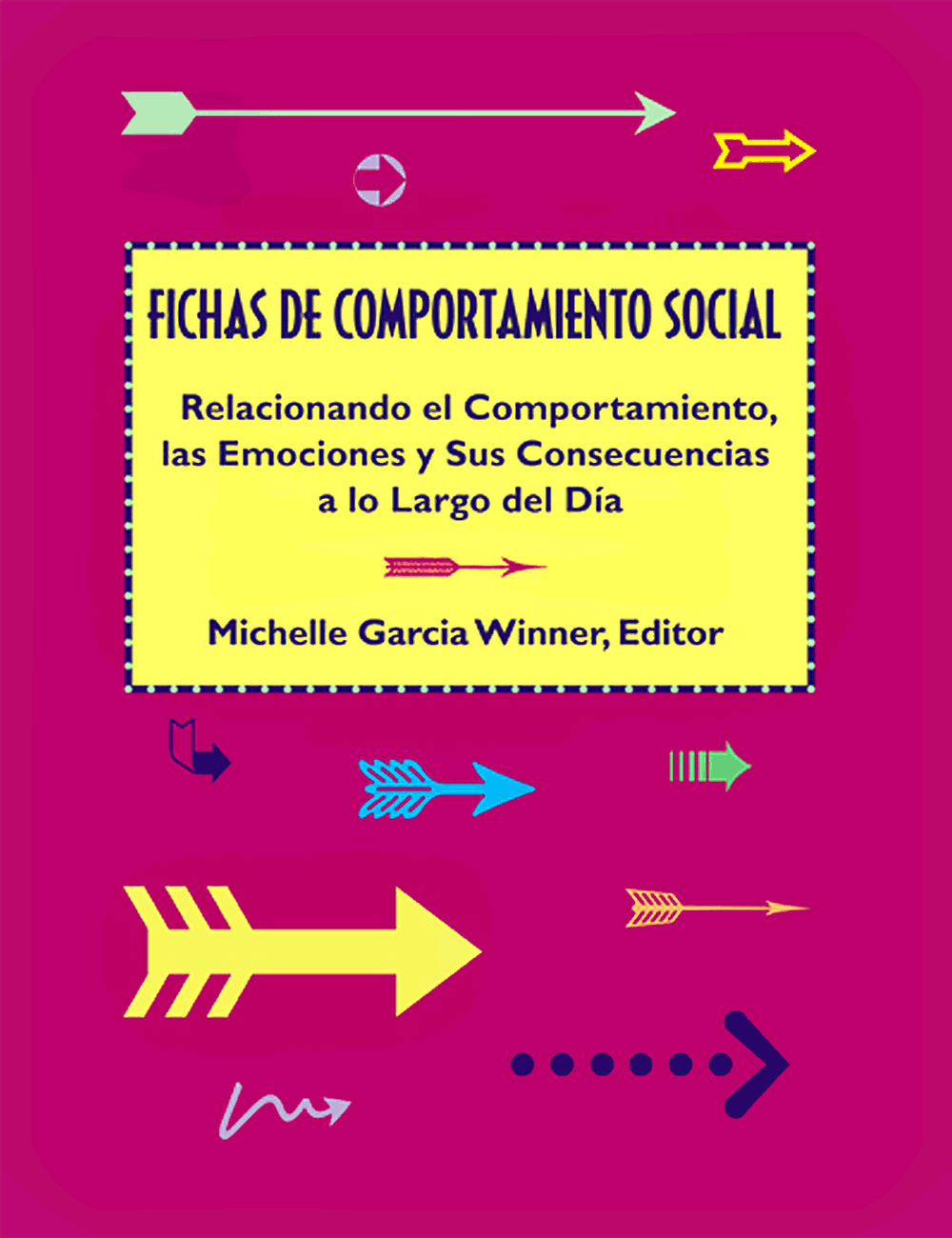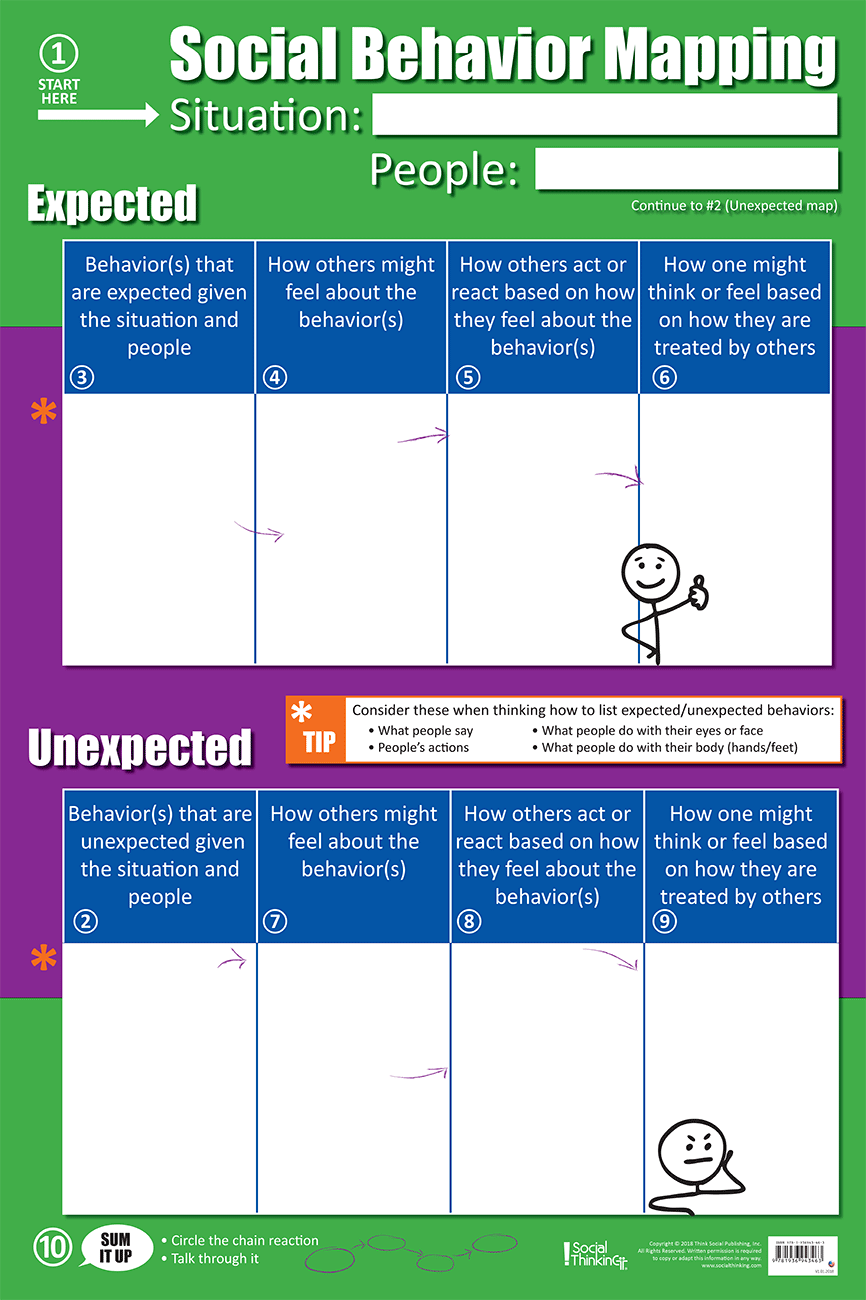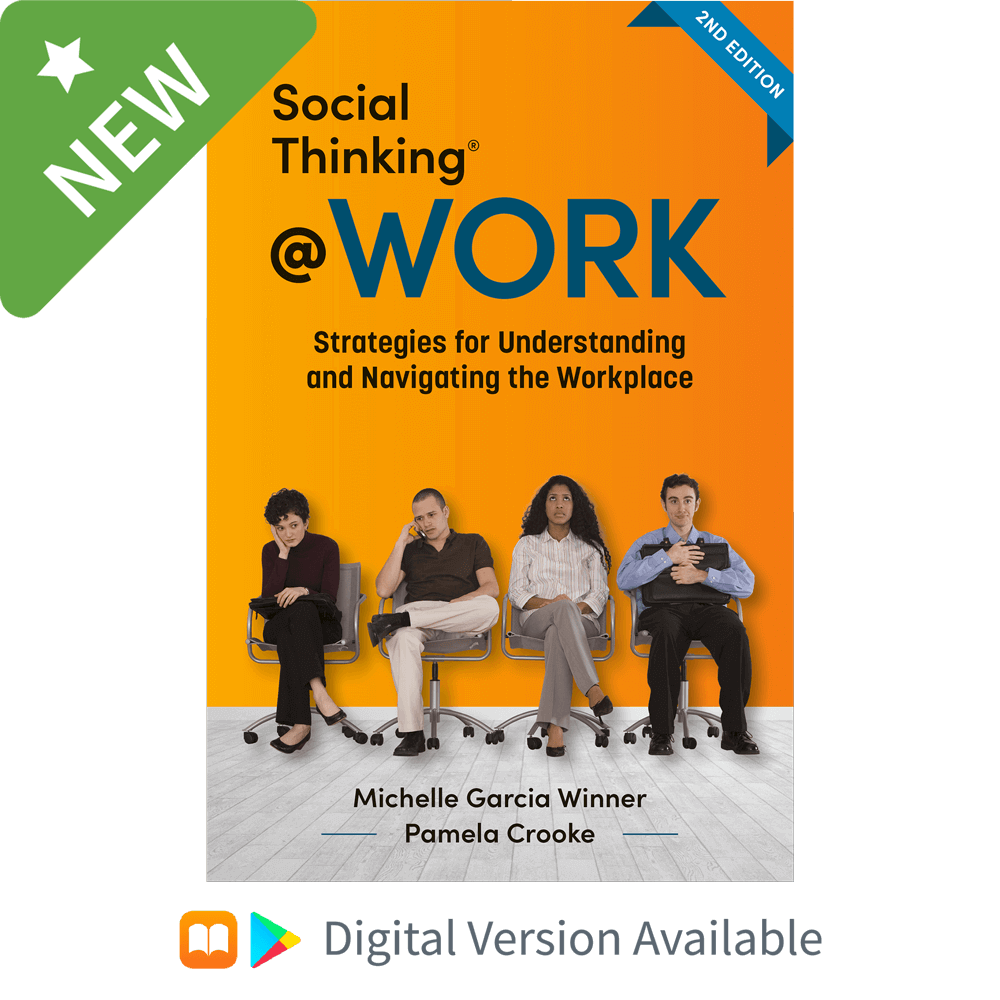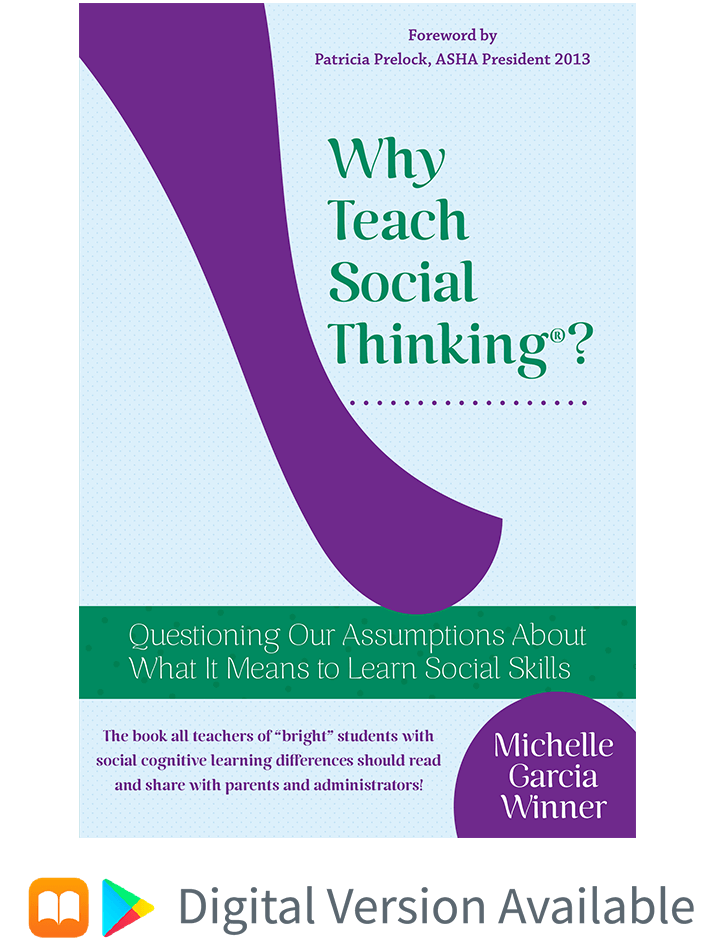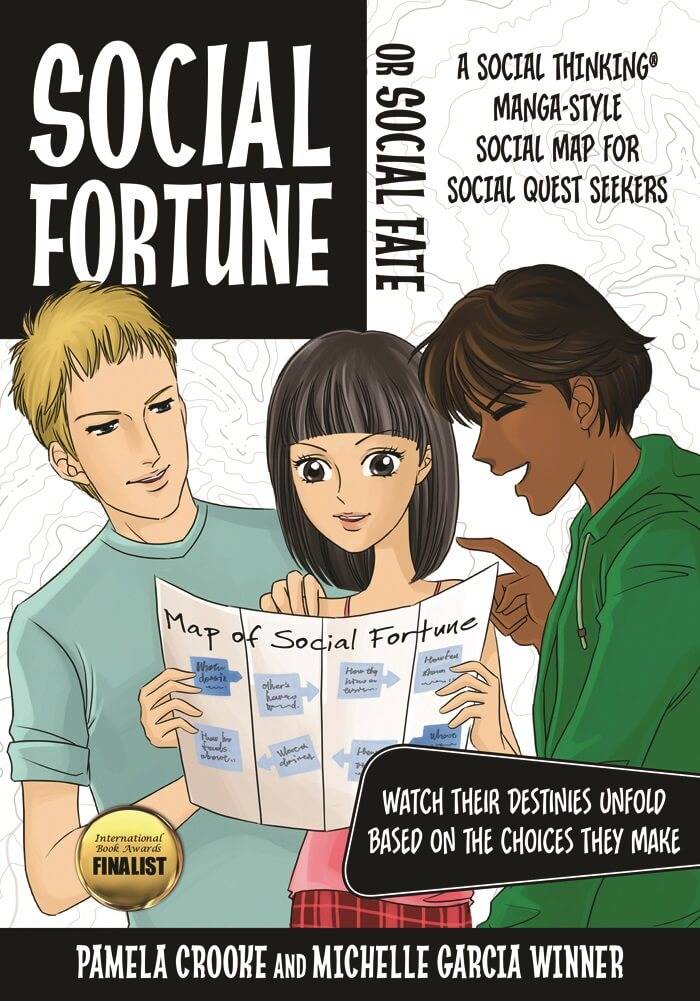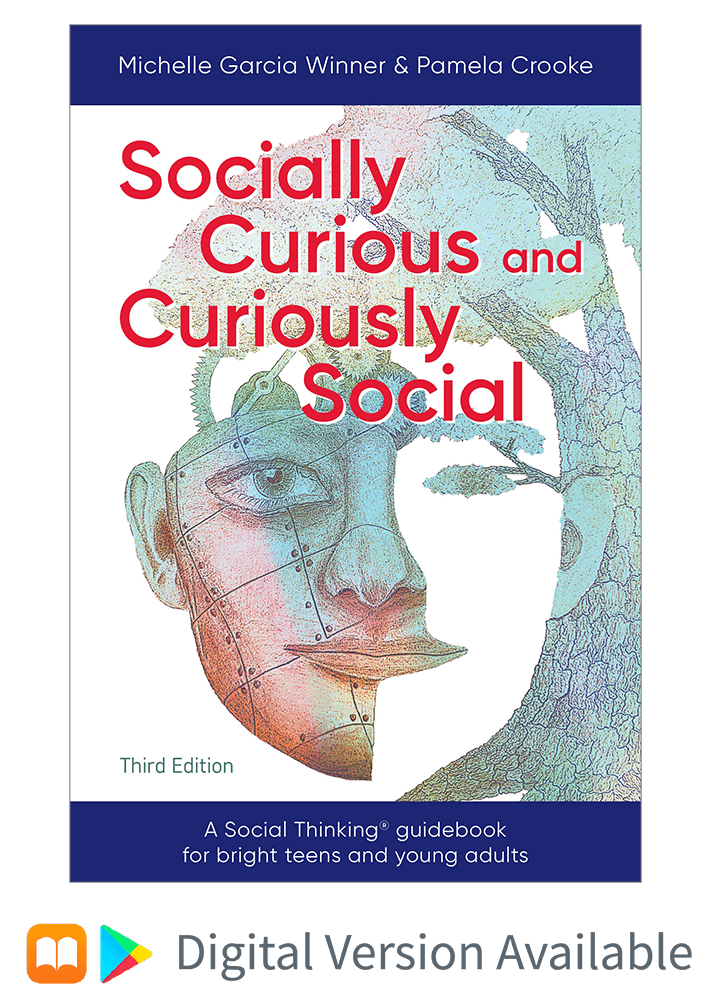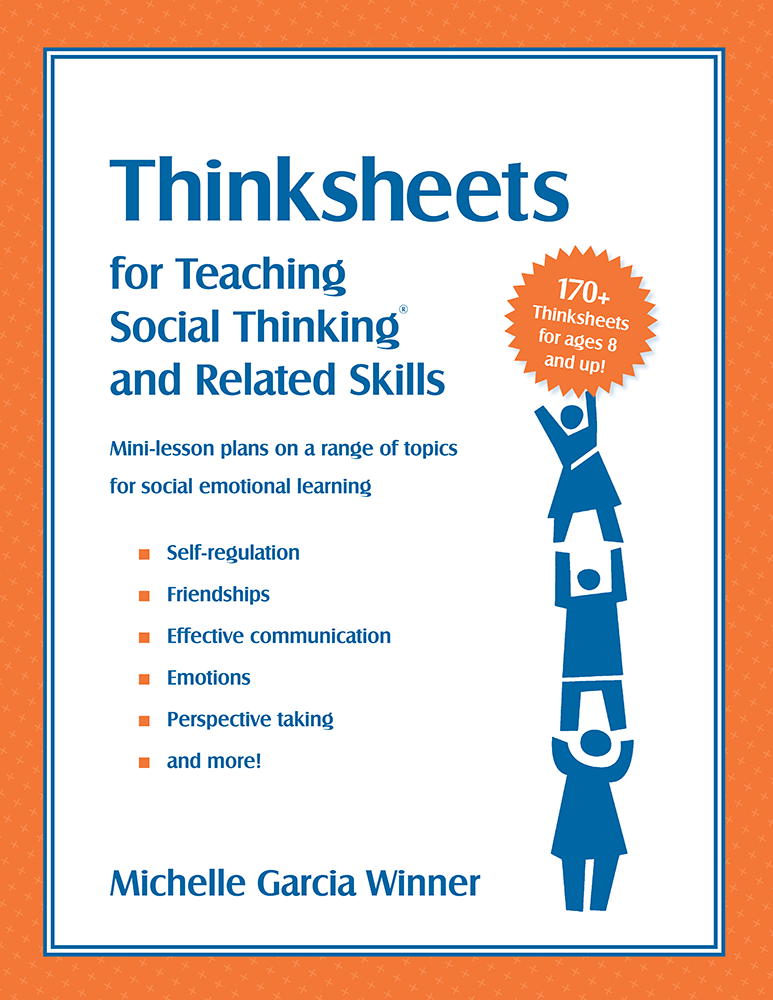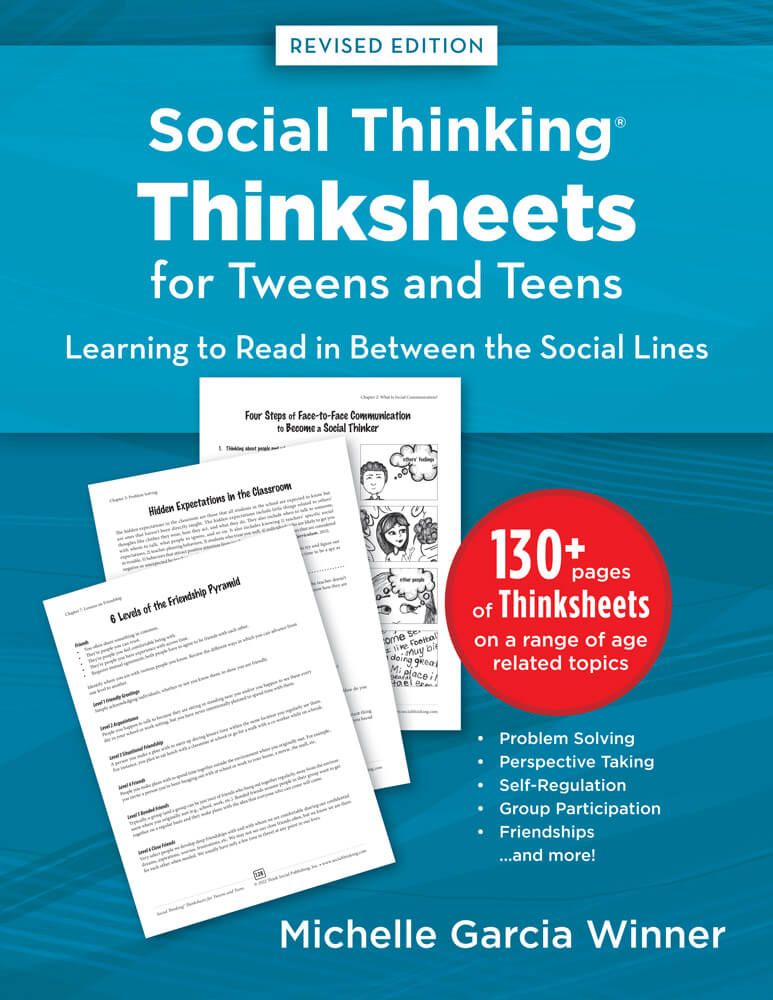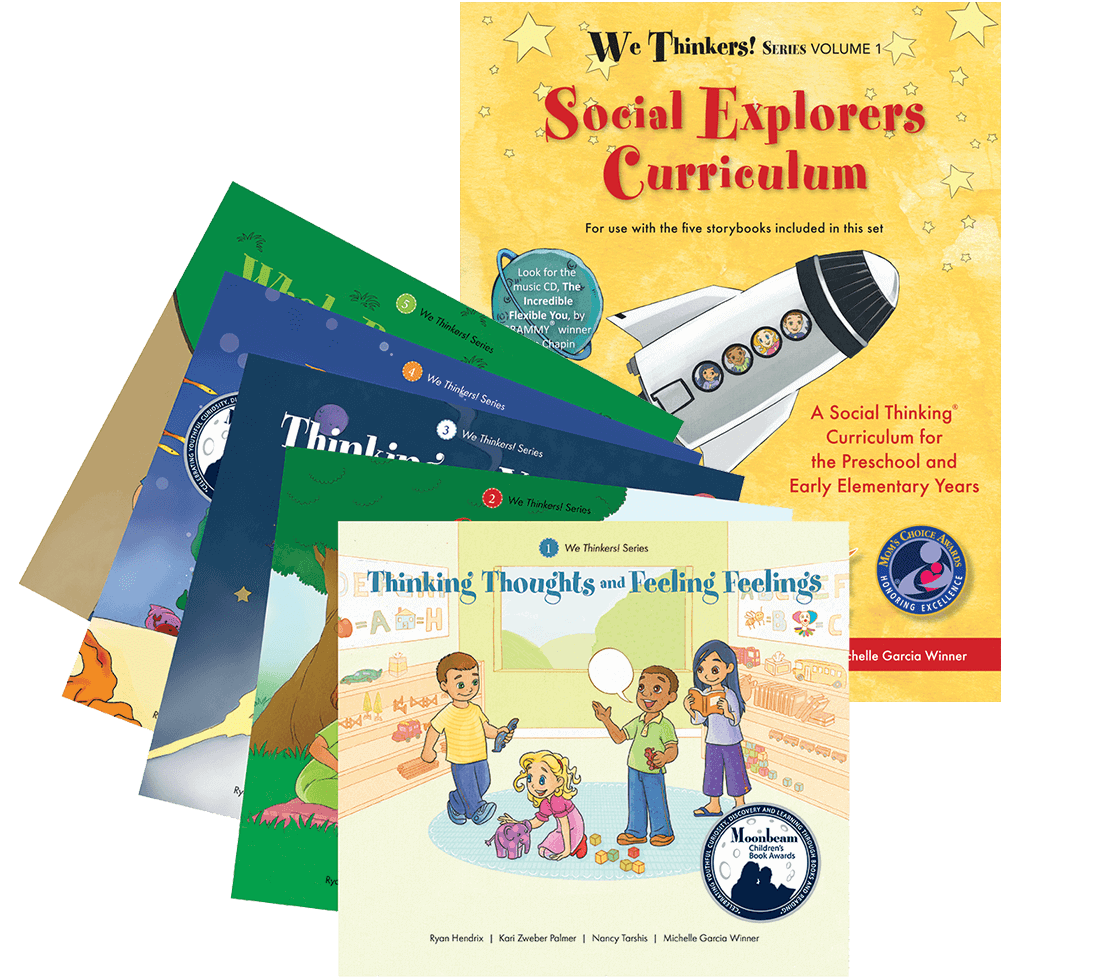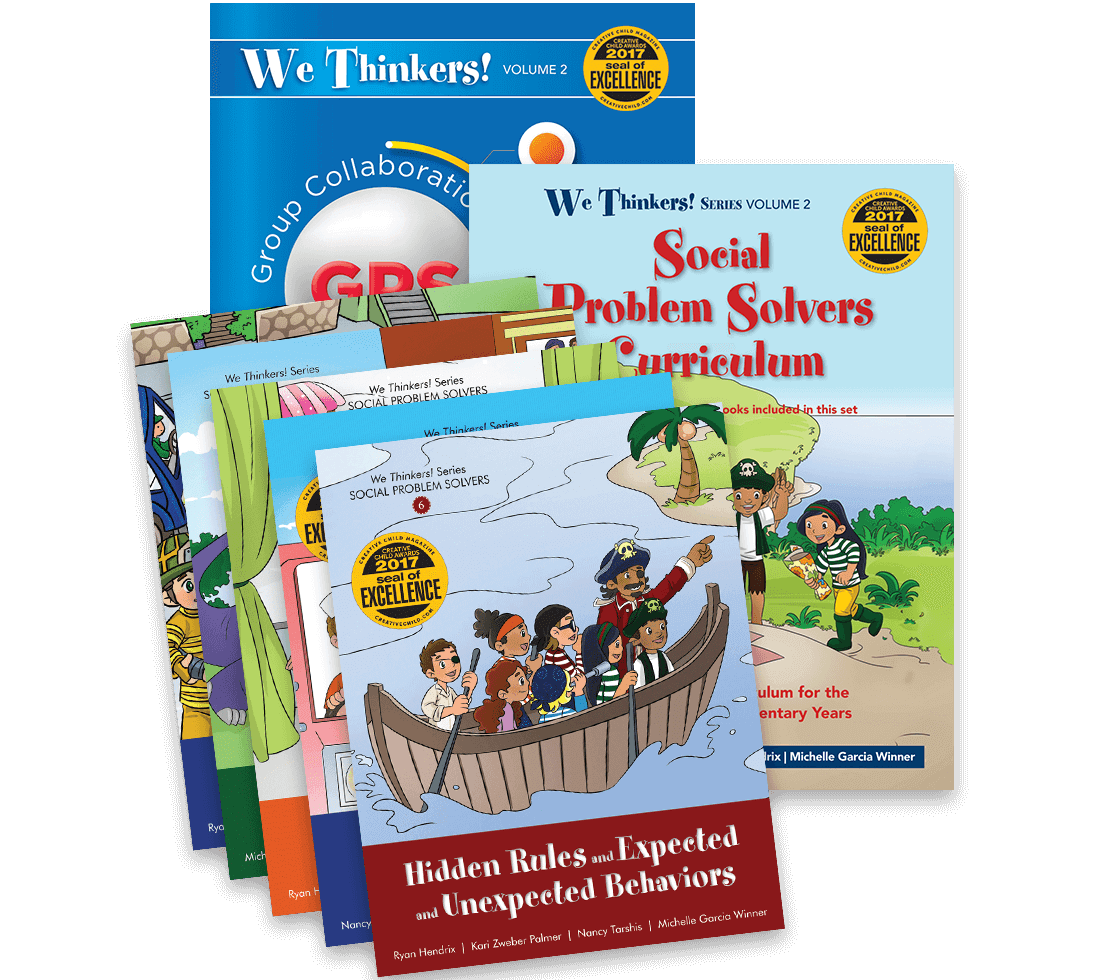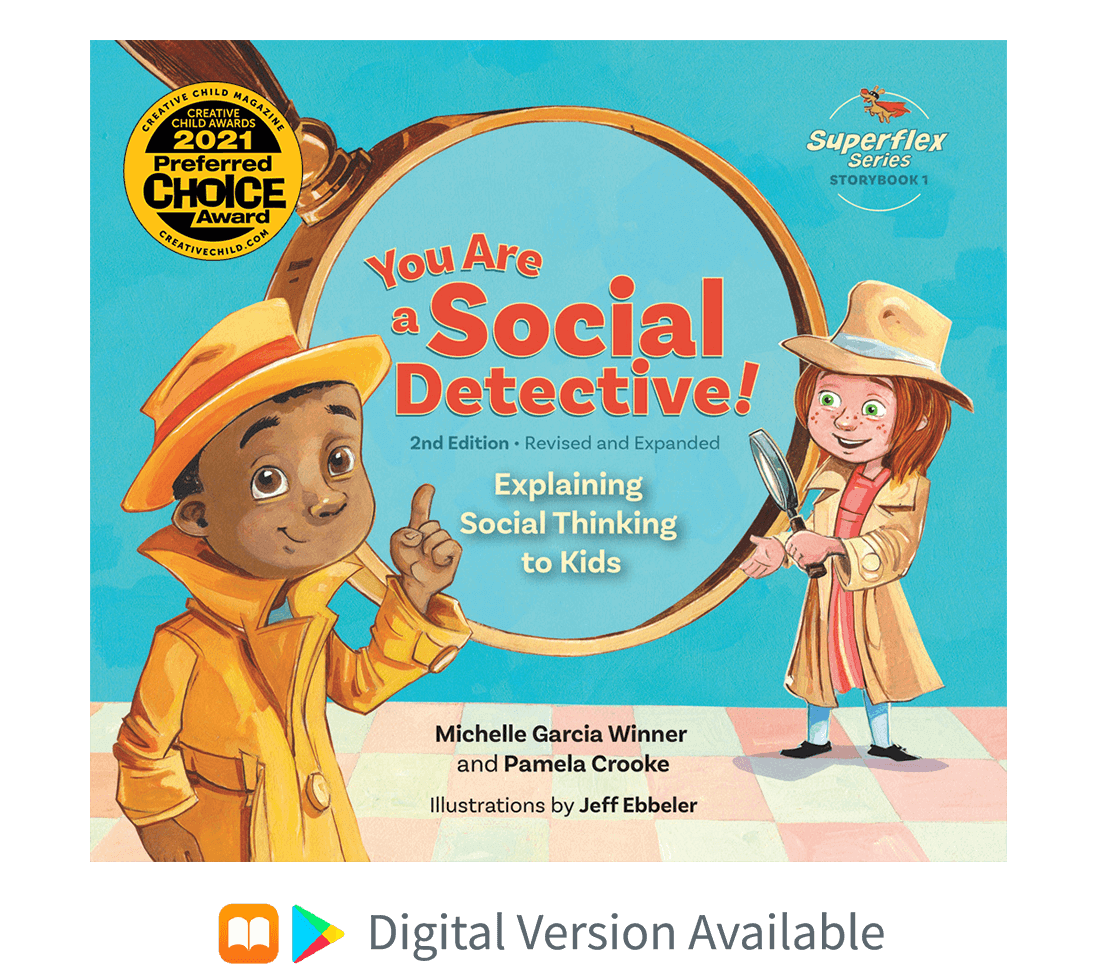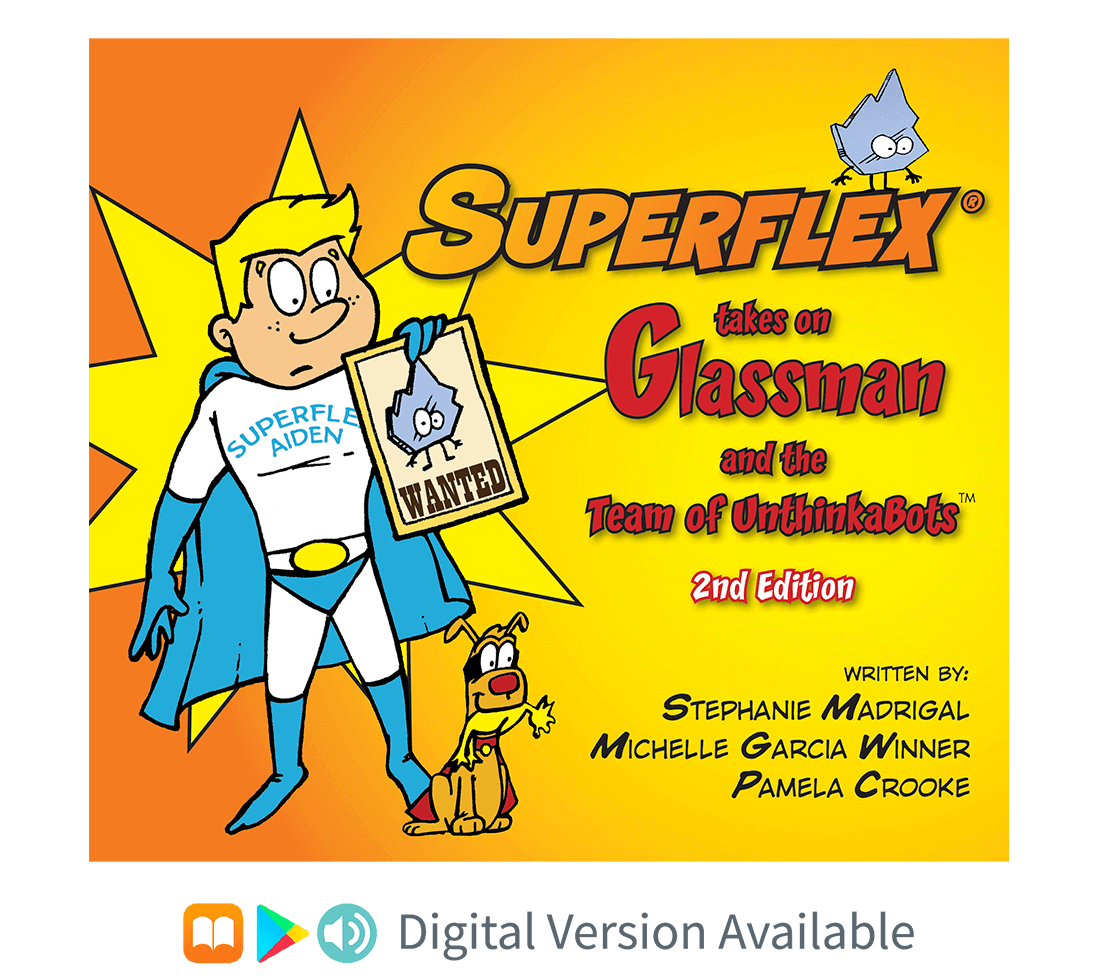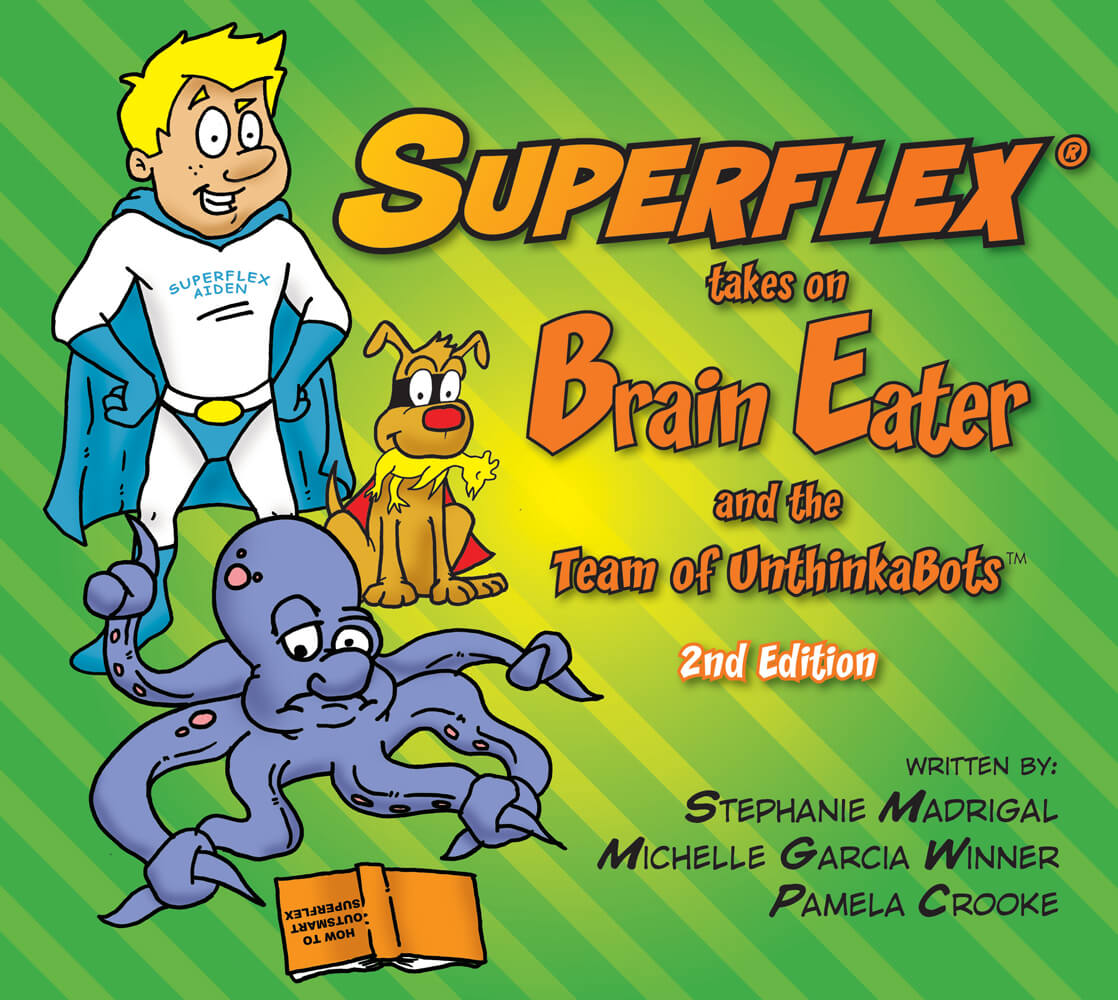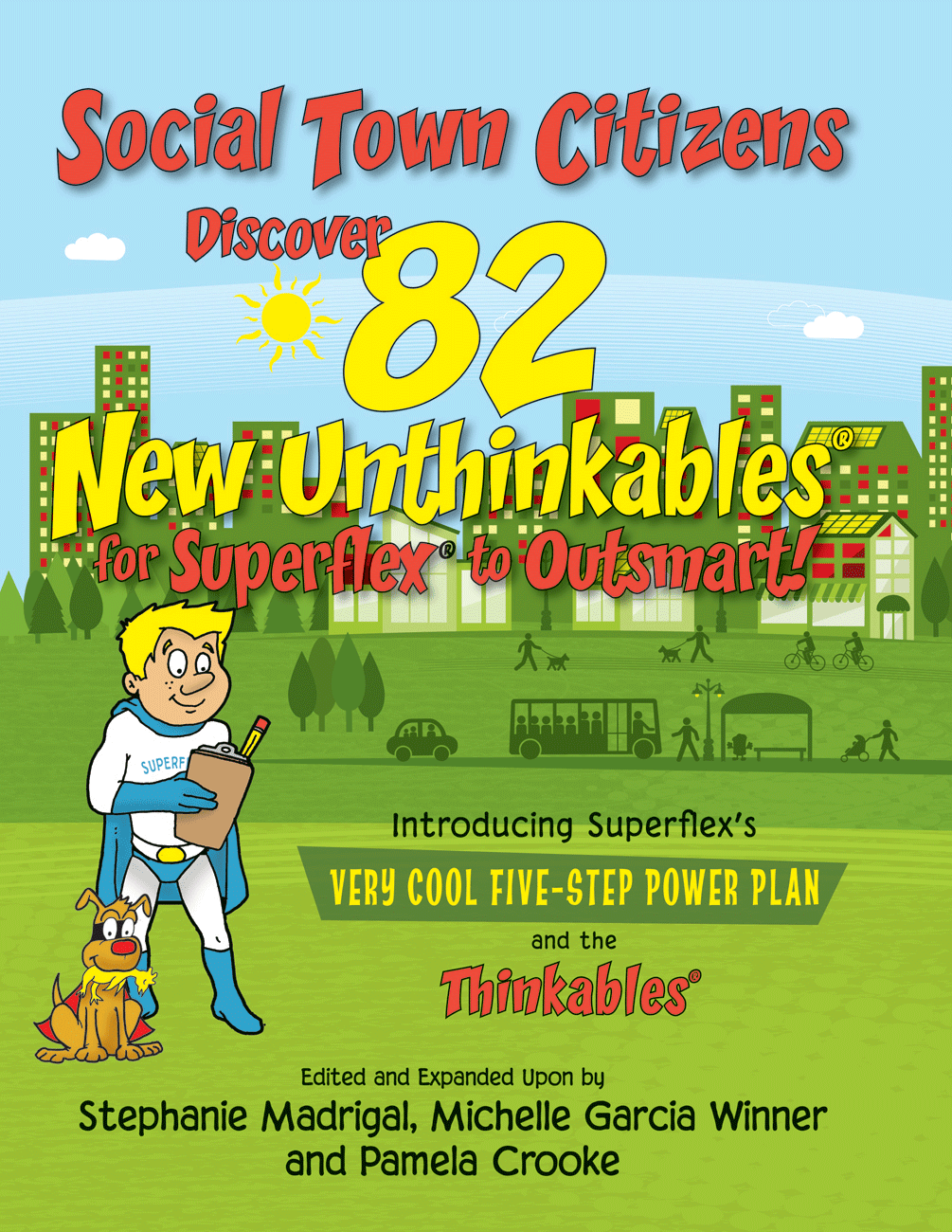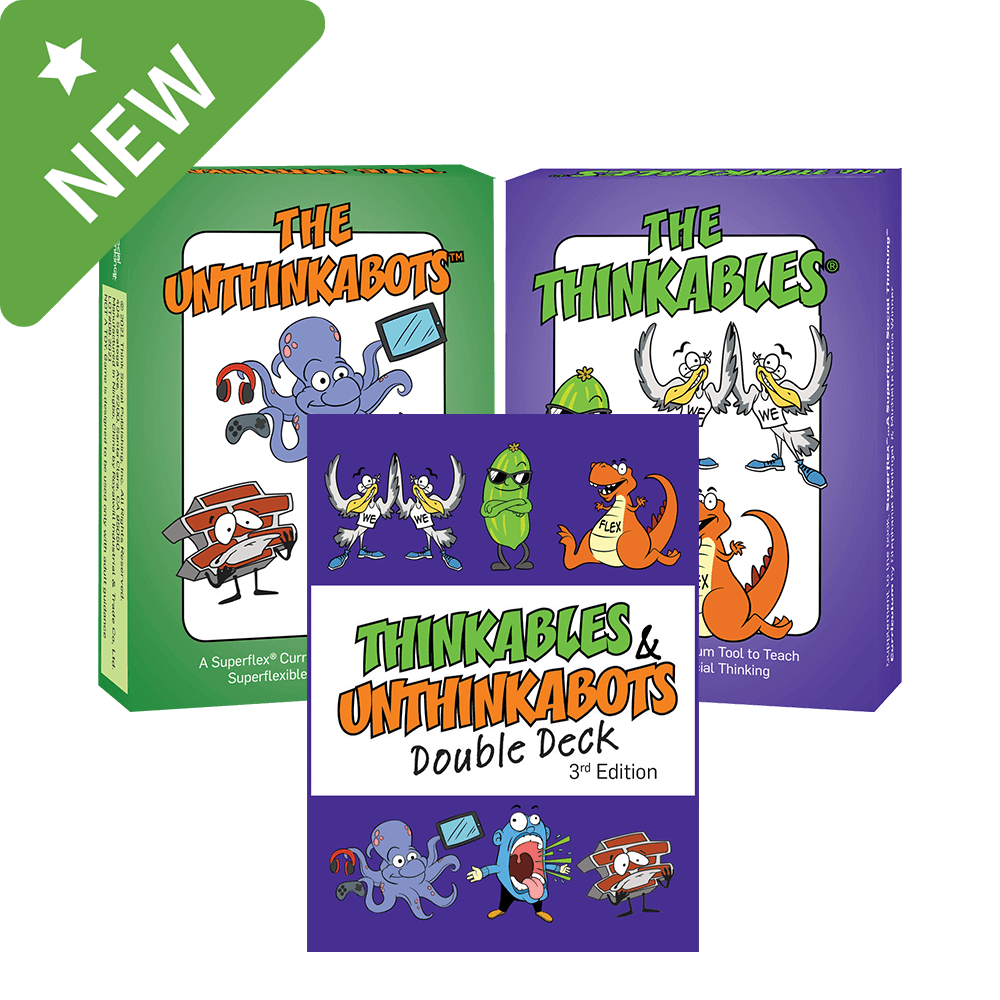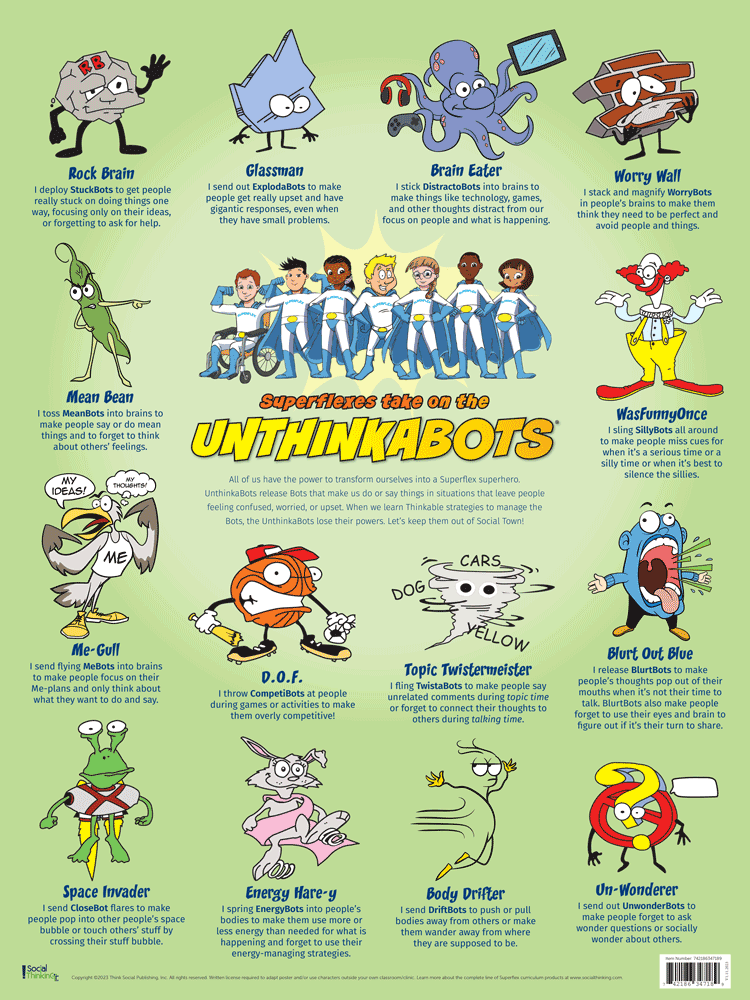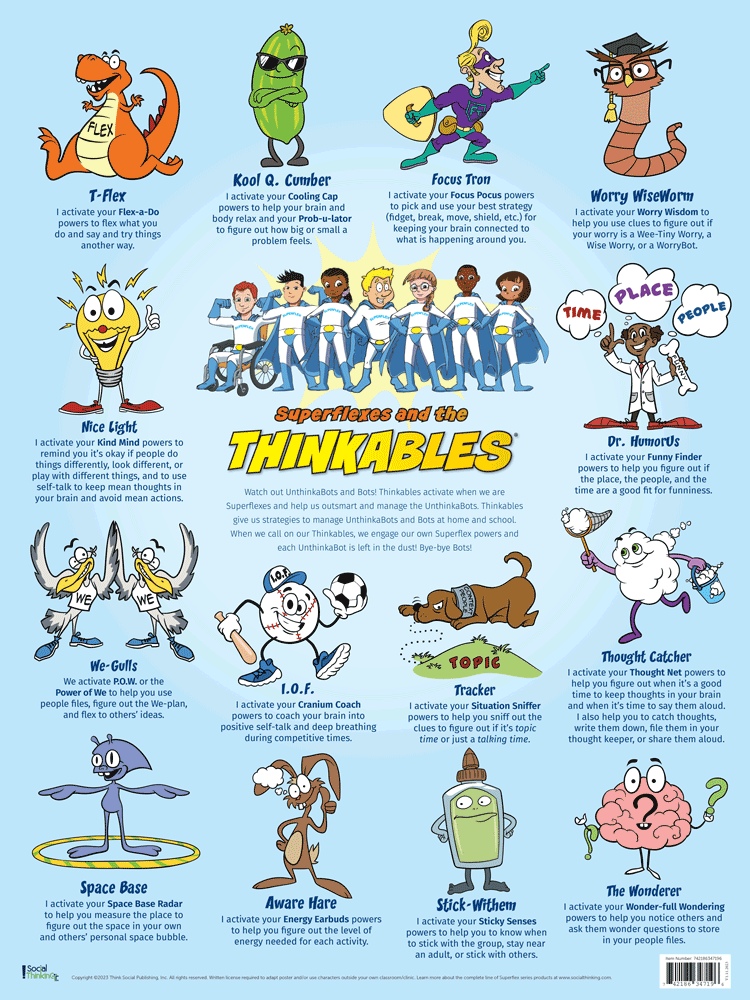Michelle Garcia Winner, MA, CCC-SLP, is the founder and CEO of Social Thinking and a globally recognized thought leader, author, speaker, and social-cognitive therapist. She is dedicated to helping people of all ages develop social emotional learning, including those with social learning differences. Across her 30-year career she has created numerous evidence-based strategies, treatment frameworks, and curricula to help interventionists develop social competencies in those they support. Michelle's work also teaches how social competencies impact people's broader lives, including their ability to foster relationships and their academic and career performance. She and her team continually update the Social Thinking® Methodology based on the latest research and insights they learn from their clients.
Michelle maintains a private practice, The Center for Social Thinking, in Santa Clara, California, where she works with clients who continue to teach and inspire her. She travels globally presenting courses on the Social Thinking Methodology, an evidence-based approach she created that she continues to evolve and expand on. Michelle helps to develop educational programs, consults with and trains families and schools, and is a guiding presence with a wide range of professionals, politicians, and businesses on the topic of social emotional competencies. She is a prolific writer and has written and/or co-authored more than 40 books and over 100 articles about the Social Thinking Methodology.
Michelle receives accolades for her energetic and educational conference presentations, as well as her down-to-earth approach to teaching social competencies. The strength of Michelle's work is her ability to break down abstract social concepts and teach them in practical, concrete ways to help people improve their social problem solving abilities and social responses.
Career Summary
Michelle’s interest in autism while attending the University of California, Santa Barbara, in 1979 became the catalyst for becoming a speech language pathologist (SLP). Her first two mentors in the field were the late Dr. Carol Prutting (an early pioneer in the study of social pragmatics) and Dr. Robert Koegel (founder of Pivotal Response Therapy, aligned with ABA). While attending graduate school at Indiana University, Bloomington she became involved in the Indiana Resource Center for Autism (IRCA) under the leadership of Nancy Dalrymple, who became another strong mentor for Michelle. At IRCA in the 1980s, Michelle worked extensively with teens and young adults who would by today’s standard be referred to as “classically autistic.” Her students experienced significant intellectual learning challenges, weak speech/language development, and very limited social learning abilities. Michelle excelled at combining her knowledge of communication with behaviorism to help her more cognitively challenged students develop basic functional communication and social skills through behavioral teachings.
After returning home to California in the late 1980s, Michelle transitioned to working in hospitals and post-acute hospital rehabilitation centers with neurotypical learners who suffered from head injuries or strokes. There she learned about higher-level brain functioning and cognitive rehabilitation. In 1995, her career transitioned once more when she became the SLP for a public high school district. Her caseload was comprised of many older students who had relatively strong intelligence and language, but who lacked more refined social communication skills. The Social Thinking Methodology was born out of necessity as a way to reach those “bright but socially clueless students” who needed more information about how to navigate the social world than just memorizing dialogue to use in conversation. They needed to know why they should bother to converse at all, or even interact with others in their environment. The Social Thinking Methodology was born!
Michelle opened her private practice, the Center for Social Thinking, in 1998 and was met with high demand that continues to rise to this day. Trained professionals work with individuals ages 4 through adulthood in individual and group settings. Michelle continues to carry an active caseload of clients, in addition to consulting with families and schools on the Social Thinking Methodology and designing programs tailored to the individual’s needs. Michelle also started the company now called Social Thinking Publishing, Inc. to handle the growing public speaking demand from the national and international stage, as well as to publish her and others’ books on the Social Thinking Methodology. Michelle has written and/or co-authored more than 20 books on Social Thinking and her work is being applied not only to persons with higher-functioning autism, Asperger’s Syndrome, ADD/ADHD, and related disabilities, but also more broadly to students in mainstream classrooms and to adults in vocational and professional settings in the U.S. and abroad.
Click here to download Michelle's CV.
Praise
In 2016, her approach led GreatSchools.org, a leading national nonprofit organization, to call Michelle, "...the leading expert in the field of social skills."
In 2008, Michelle was honored with a Congressional Special Recognition Award for her groundbreaking work in the field of social learning.
"...one of my favorite authors in the field of teaching emotional intelligence. Michelle Garcia Winner has pioneered some very helpful ways of conceptualizing and helping educators understand the social challenges that students on the autism spectrum face." - Stephan Borgman, 2010, Psychology Today, "Spectrum Solutions"
Research
To check out the Social Thinking Research homepage, click here.
Research published in the Journal of Autism and Developmental Disorders supports using Social Thinking Vocabulary with individuals with High-Functioning Autism and Asperger’s Syndrome. Learn more here.
Personal
Michelle lives in San Jose, CA with her partner and has two daughters, Heidi and Robyn.
Financial Disclosure
Financial: Michelle Garcia Winner is employed by Think Social Publishing, Inc. as an author/speaker and receives compensation for her presentations as well as the sale of her books and by the Social Thinking Center as a clinician. Michelle owns the companies Think Social Publishing, Inc as well as The Social Thinking Center, Inc. and their related intellectual property.
Non-financial: No relevant non-financial relationship exists.
Certified Social Thinking Training & Speakers' Collaborative Member
Michelle Garcia Winner is officially trained and sanctioned by Think Social Publishing to provide trainings related to the Social Thinking Methodology. Before attending a training in your area, please make sure to look for the official STTSC member badge.






